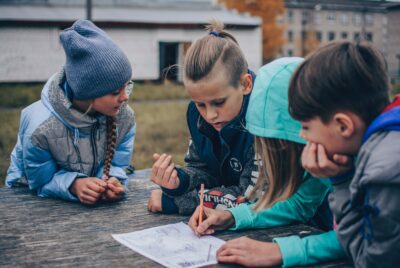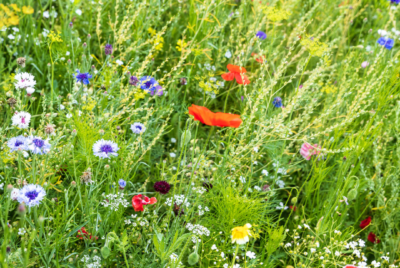RESEARCH
Therapeutic Gardens: Historical Context, Foundations, and Landscaping
Summary
This paper explores the therapeutic role of gardens, encompassing their historical progression, theoretical underpinnings, key concepts, advantages, applications, and design principles. It begins by highlighting the long-standing recognition of the therapeutic attributes of plants, tracing back to ancient civilizations and their use of gardens for healing and well-being. The study examines how this concept evolved through the Middle Ages with cloister gardens, waned during the Renaissance, and resurfaced in the 18th century with the integration of gardens into hospital settings, ultimately underscoring the need to reinstate therapeutic gardens as essential adjuncts for healing patients.
It continues by investigating the scientific evidence that has driven a resurgence of interest in therapeutic gardens, focusing on research that demonstrates the health benefits of exposure to nature, such as stress reduction, improved mood, and enhanced immunity. It also discusses the importance of therapeutic garden design in contemporary urban landscapes, emphasizing the need for a multidisciplinary approach rooted in evidence-based design principles that prioritize user needs. While specific definitions of form and function remain adaptable, the study highlights the therapeutic garden as a valuable space that promotes physical, psychological, cognitive, and social well-being through interaction with nature.







